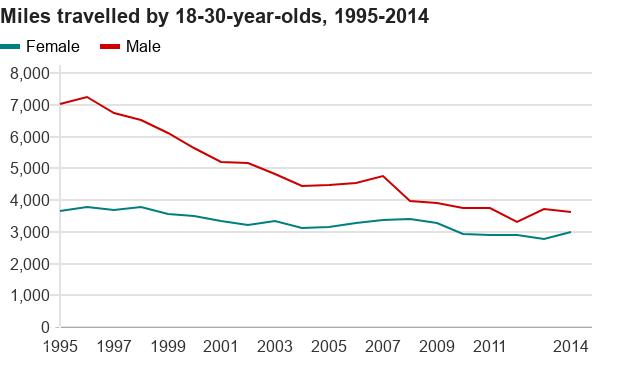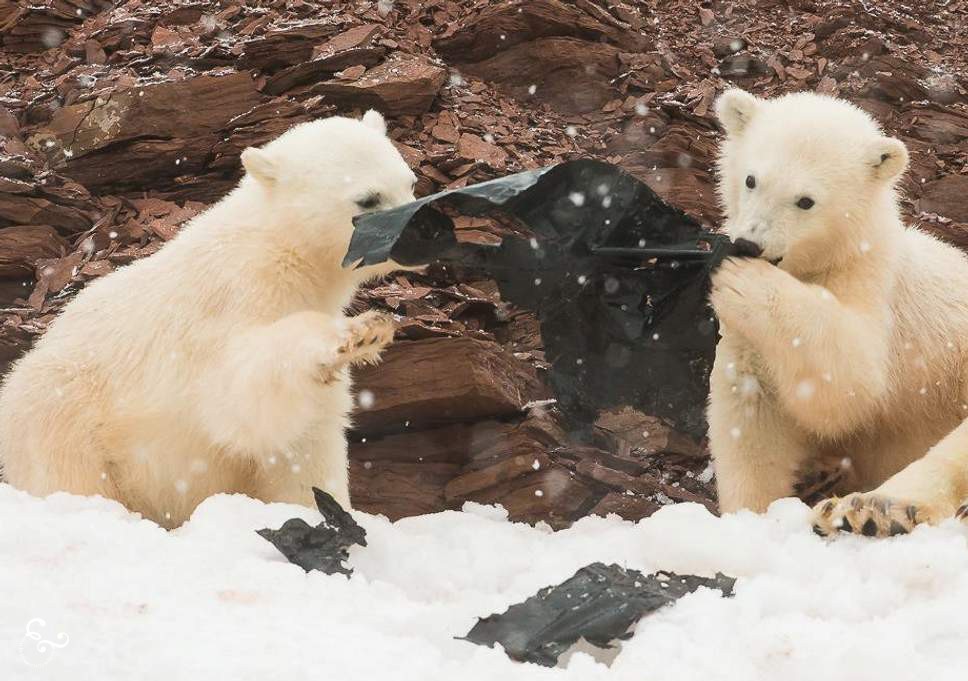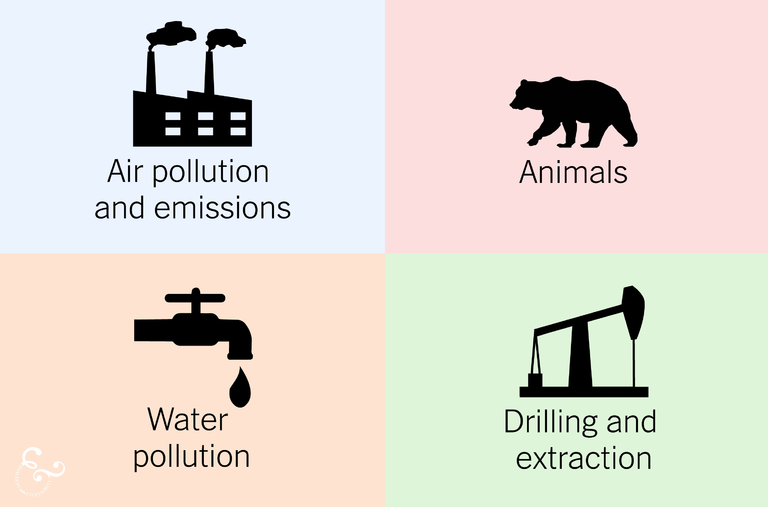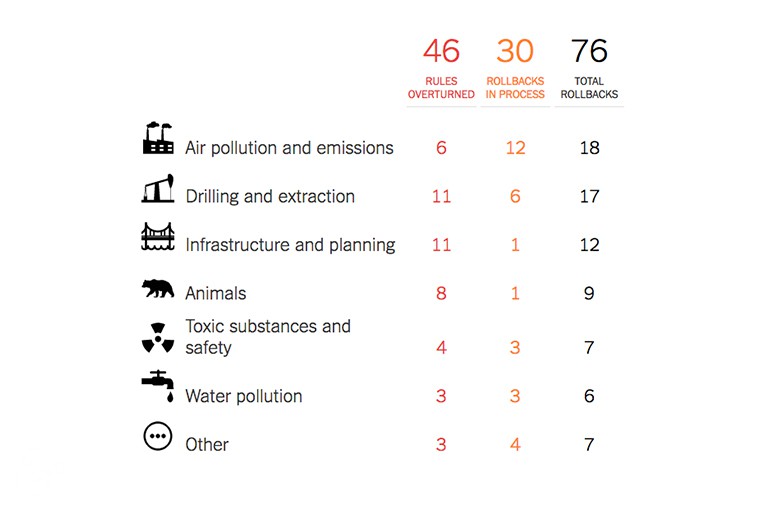America / Environment
1/ Meat and dairy companies are on track to be the world’s biggest contributors to climate change, outpacing even the fossil fuel industry, according to a new report. Broadly speaking the companies were being secretive about their emissions data and few had set hard targets intended to deal with their pollution. (Independent)
America / Animals
2/ Trump’s wildlife board is rebranding trophy hunting as good for animals. As hunters hold immense clout in the Trump administration and most of the council’s members are advocates of the sport, critics worry the board will protect their hobby, not the animals (The Guardian)
Oceania / Plastics
3/ Plastic poses biggest threat to seabirds in New Zealand waters, where more breed than elsewhere. New Zealand is home to more seabirds than any other country, and many species are already under pressure from climate change and over-fishing. Plastic pollution could push some closer to the brink. (The Conversation)
Europe / Environment
4/ Waste incineration set to overtake recycling in England. England is on the brink of burning more of its rubbish in incinerators than it recycles for the first time, according to a new analysis. (The Guardian)
Australia / Environment
5/ Why doesn’t Australia have a national container deposit recycling scheme? A wide-ranging Senate inquiry into the state of Australia’s recycling system recommended a national container deposit scheme be rolled out across the country. (The Guardian)
Australia / Environment
6/ A disaster: half a million hectares of forest have been bulldozed in Great Barrier Reef catchments over four years – an area more than twice the size of the Australian Capital Territory.

It’s true, millenials are driving less. In the 1990s, 80% of people were driving by 30; now this marker is only reached by 45. Men under 30 are travelling only half the miles their fathers did. People are travelling 10% fewer miles than in 2002 and spending 22 hours less travelling each year than a decade ago. Growth in car traffic has slowed. In the 1980s, it grew by 50% whereas in the decade to 2016 it grew by 2%. (BBC)
Polar bears pictured playing with plastic on remote Arctic island. Researchers have found plastic material all over the isolated Svalbard region. (Independent)

The good news
7/ Ireland becomes world’s first country to divest from fossil fuels. Bill passed by parliament means more than €300m shares in coal, oil, peat and gas will be sold ‘as soon as practicable’. The Republic of Ireland will become the world’s first country to sell off its investments in fossil fuel companies, after a bill was passed with all-party support in the lower house of parliament. (The Guardian)
Europe / Plastics
8/ Penzance has become Britain’s first ever plastic-free town. The Cornwall community achieved this status last December, by uniting against straws, bottles, takeaway boxes and disposable forks. Now 330 other towns aim to follow them. (The Guardian)
9/ UK passes 1,000 hours without coal as energy shift accelerates. Britain has been powered for more than a thousand hours without coal this year, in a new milestone underscoring how the polluting fuel’s decline is accelerating. (The Guardian)
10/ France discusses inclusion of climate protection in constitution. France’s National Assembly has begun a debate on a constitutional reform that would see the inclusion of climate protection among the fundamental principles that govern the country. (Ends Europe)
11/ WeWork is going vegetarian. The $20 billion office rental company announced that it will no longer reimburse employees for meals that include red meat, poultry, or pork and will stop serving meat at company events. (Business Insider)
Focus piece: all the environment rules out under Trump
Since taking office last year, President Trump has made eliminating federal regulations a priority. To date, the Trump administration has sought to reverse more than 70 environmental rules, according to a New York Times analysis. View the list here.


Other notables
- What we can learn from China’s fight against environmental ruin. After cascading ecological catastrophes in the 90s, China spent 20 years seriously investing in sustainability. Now that effort is paying off. While the context of China’s path to sustainability is unique, other countries can learn from its experience. (The Conversation)
- Costa Rica has an ambitious new climate policy — but no, it’s not banning fossil fuels. Costa Rica is moving toward carbon neutrality faster than any other country in the world. Costa Rica’s new president, 38-year-old former journalist Carlos Alvarado, recently announced a plan to make his country the first carbon-neutral nation in the world by 2021, the 200th anniversary of its independence. A goal of carbon neutrality allows for coal, oil, and gasoline combustion, provided that their greenhouse gas emissions are offset elsewhere. Those offsets can come from planting forests, employing better land management, or perhaps someday even pulling carbon dioxide straight from the air. (Vox)
- Heatwave seems to make manmade climate change real for Americans. The record-breaking high temperatures across much of North America appear to be shaping people’s thinking, a survey finds. The warm temperatures that have scorched much of the US appear to be influencing Americans’ acceptance of climate science, with a new poll finding a record level of public confidence that the world is warming due to human activity. (The Guardian)
- Well, maybe we’ll save the world if it ruins our internet? Rising seas are putting it at risk so climate change could literally break the internet. (Huffington Post / Grist)
- Trump UK protests: Why environmental groups are protesting ‘climate vandal’ US president. ‘Those who are already vulnerable and powerless are suffering the most under the climate-denier-in-chief’. (Independent)
- Can Norway help us solve the plastic crisis, one bottle at a time? A bottle deposit hub on the outskirts of Oslo has had a stream of high-level international visitors. Can its success be replicated worldwide? (The Guardian)


